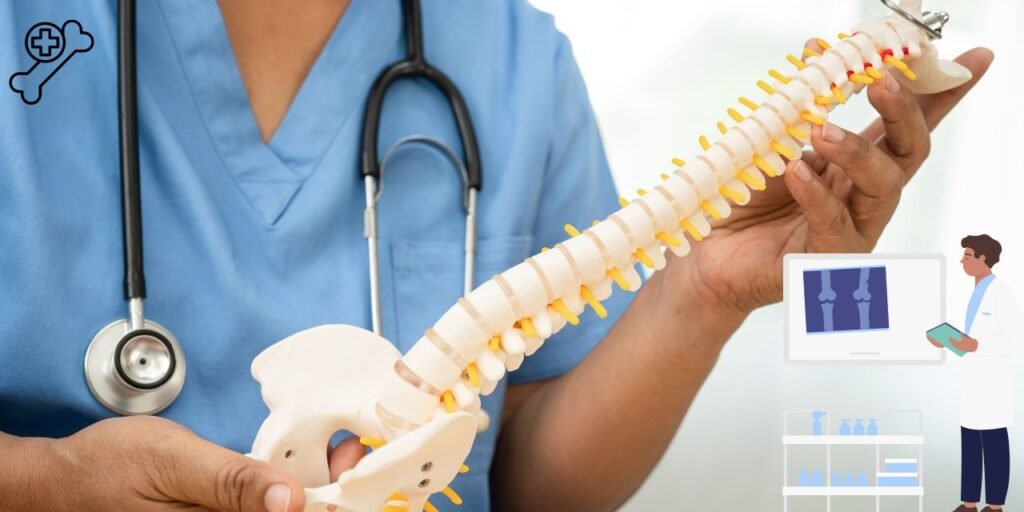Understanding Hormones’ Impact on Bone Health: Key Insights and Solutions
Bone health is closely connected to hormonal balance, as hormones play a key role in maintaining bone density and strength. When hormonal levels become imbalanced, it can result in significant bone health problems. By understanding this relationship and exploring available treatments, it’s possible to better manage and prevent bone-related issues. This article explores the impact of hormones on bone health and provides insights into effective treatments.
How Hormones Affect Bone Health
Hormones are chemical messengers that regulate various body functions, including bone metabolism. The main hormones involved in bone health include estrogen, testosterone, thyroid hormones, and parathyroid hormones.
1. Estrogen and Bone Density
Estrogen, the primary female hormone, is essential for maintaining bone density by reducing the activity of osteoclasts, the cells responsible for breaking down bone. During menopause, estrogen levels drop significantly, which increases the risk of osteoporosis and fractures. Postmenopausal women are especially prone to bone loss due to this hormonal shift.
2. Testosterone and Bone Strength
Testosterone, the main male hormone, also contributes to bone health by stimulating osteoblasts, the cells that promote bone formation. Low testosterone levels, often seen in aging men or those with certain medical conditions, can reduce bone density and heighten the risk of fractures.
3. Thyroid Hormones and Bone Metabolism
Thyroid hormones, produced by the thyroid gland, regulate bone turnover along with other metabolic functions. An imbalance in these hormones can disturb the equilibrium between bone formation and breakdown. Hyperthyroidism (excess thyroid hormone) can cause bone loss, while hypothyroidism (too little thyroid hormone) may weaken bone health and contribute to osteoporosis.
Treatment Options for Hormonal Imbalances and Bone Health
Managing hormonal imbalances is key to maintaining bone health. The following treatments can be effective:
➽ Hormone Replacement Therapy (HRT)
For individuals facing significant hormonal shifts, such as postmenopausal women, HRT can be beneficial. This therapy supplements estrogen and/or progesterone to help preserve bone density and lower the risk of osteoporosis. However, it’s important to discuss the benefits and risks with a healthcare provider to determine if HRT is suitable.
➽ Medications for Bone Health
Certain medications can assist in preserving bone health for those with hormonal imbalances, including:
- Bisphosphonates: These drugs slow down bone breakdown and are often prescribed for osteoporosis.
- Selective Estrogen Receptor Modulators (SERMs): These medications mimic estrogen’s effects on bones without some of its associated risks.
- Testosterone Replacement Therapy: For men with low testosterone levels, this therapy can improve bone density and strength.
- Thyroid Medications: Properly managing thyroid hormone levels with medication can help protect bone health.
➽ Lifestyle Modifications
Along with medical treatments, lifestyle changes can enhance bone health:
Balanced Diet: A diet rich in calcium and vitamin D, from sources like dairy, leafy greens, and fortified cereals, is essential for bone health.
Regular Exercise: Weight-bearing exercises, such as walking, jogging, and resistance training, can help boost bone strength and density.
Avoid Smoking and Excessive Alcohol: Smoking and heavy alcohol use can harm bone health. Reducing or avoiding these habits can strengthen bones overall.


Hi, this is a comment.
To get started with moderating, editing, and deleting comments, please visit the Comments screen in the dashboard.
Commenter avatars come from Gravatar.